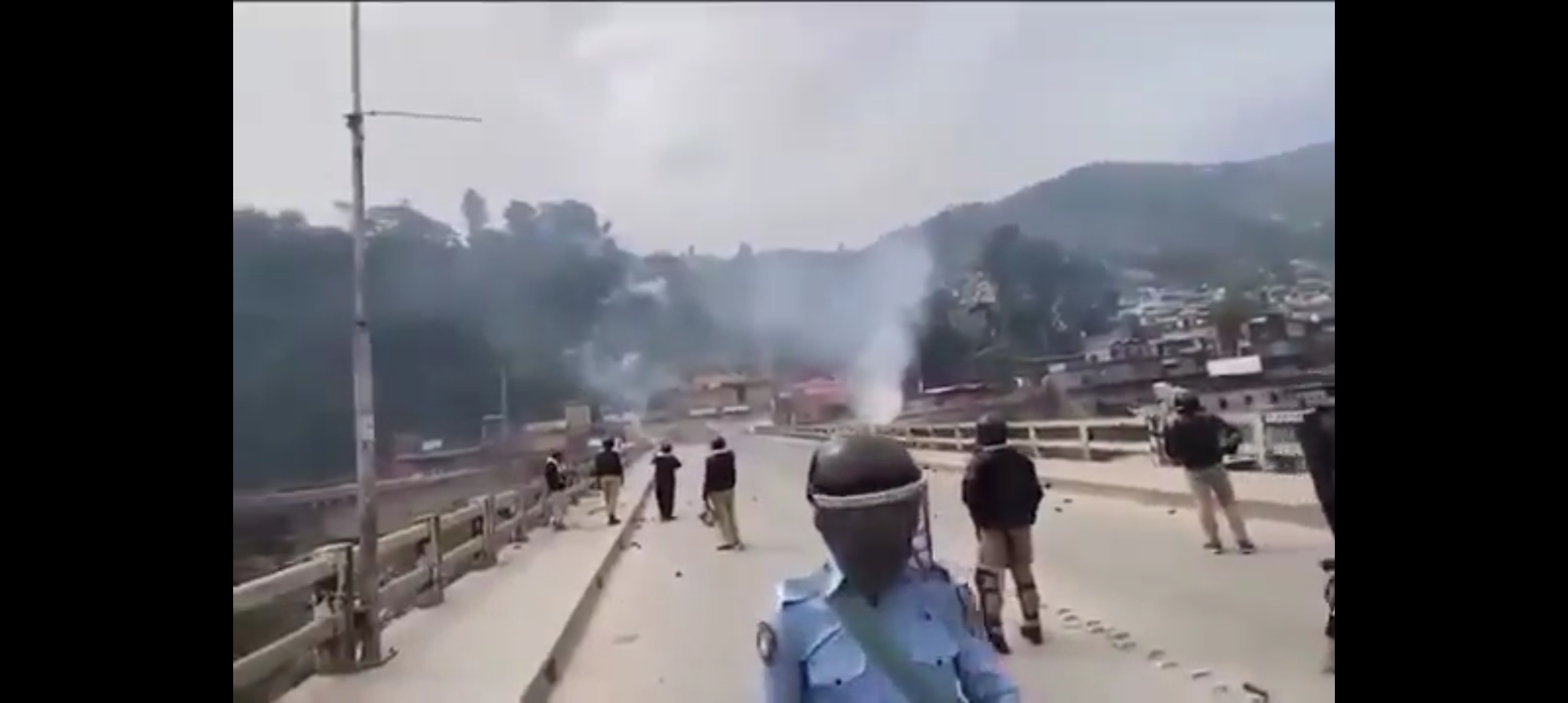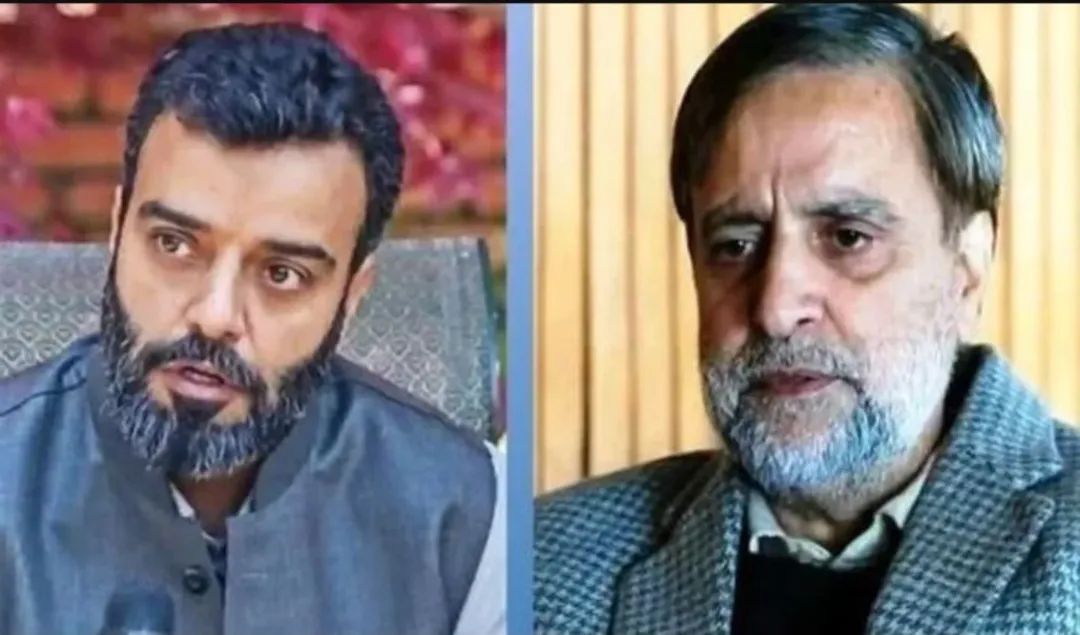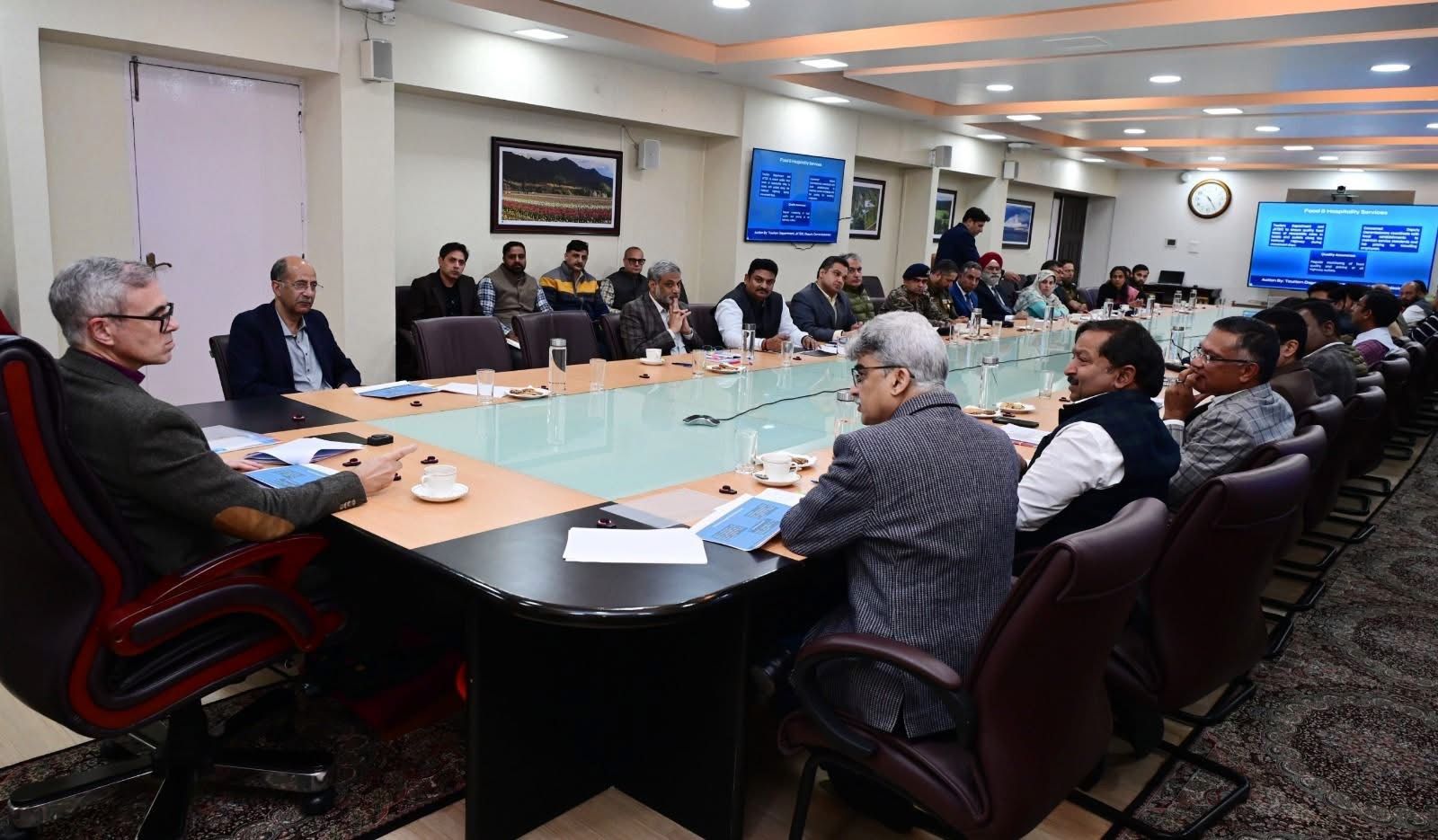
On September 21st, as the world unites to observe the International Day of Peace, a special lens falls on Jammu and Kashmir. For a region long defined by conflict, this day is more than a symbolic observance; it is a celebration of a new reality. The narrative of Kashmir is undergoing a profound transformation, moving away from a painful past toward a promising future. This is a story of how peace has become the primary contributor to progress, how a resilient society has openly challenged the terror ecosystem, and how bold policy changes have set the stage for a new era of stability and development.
Peace as the Architect of Development
For decades, the economy of Jammu and Kashmir was held captive by an atmosphere of fear and uncertainty. Tourism, a sector with immense potential, was in perpetual decline. Development projects stalled, and investment was a distant dream. However, as peace has taken hold, the region is experiencing an unprecedented resurgence.
The most telling sign of this transformation is the tourism boom. In recent years, the picturesque valleys, once off-limits to many, have witnessed a record-breaking influx of visitors. This has directly revitalized the local economy, providing livelihoods for houseboat owners, artisans, and small business owners. The newfound sense of security has also attracted significant investment in infrastructure projects, including new highways, tunnels, and railway lines that will further integrate the region with the rest of India. The local government has also made significant strides in sectors like horticulture, education, and healthcare, with a noticeable rise in the Gross State Domestic Product (GSDP) reflecting this growing economic stability. This economic turnaround is a powerful testament to the fact that peace and progress are inextricably linked.
Kashmiri Society: The Vanguard of Peace
The transformation in Kashmir is not merely a top-down initiative; it is a grassroots movement driven by the people themselves. After decades of enduring violence, the common Kashmiri citizen has become the most vocal advocate for peace. Parents are demanding safe, uninterrupted education for their children, and youth are aspiring for careers and a future free from the shadow of militancy.
This collective yearning for normalcy is evident in the record participation in local democratic processes and the widespread rejection of militant-sponsored shutdowns. The sight of bustling markets, vibrant local festivals, and normal life is a powerful statement against those who seek to destabilize the region. By simply choosing to live a productive and peaceful life, Kashmiri society has become the most effective counter to the terror ecosystem. They have shown that the desire for a normal life is stronger than any ideology of violence.
Challenging the Terror Ecosystem: The Role of Think Tanks and NGOs
In this new climate, civil society organizations and think tanks are playing a crucial role in dismantling the ideological framework of militancy. Groups like the Jammu and Kashmir Coalition of Civil Society (JKCCS) and the Kashmir Peace Network are actively working on the ground to promote non-violence and dialogue. They are openly challenging the terror ecosystem, which has historically relied on radicalization and propaganda to recruit youth.
These organizations are empowering the next generation through educational programs, skill development, and community engagement. Their work focuses on providing youth with constructive alternatives to violence and instilling in them a sense of hope and ownership over their future. Similarly, think tanks are providing critical research that exposes the human and economic costs of terrorism, helping to counter the narratives of violence with factual data and logical arguments. This collective effort is crucial for fostering a culture of peace from the ground up, making the Valley less fertile for the seeds of hatred.
Abrogation of Article 370: A Catalyst for Change
A pivotal moment in Kashmir’s journey toward peace was the abrogation of Article 370 on August 5, 2019. This constitutional change, while controversial, is seen by many as a key factor in restoring stability and accelerating development. From this perspective, the special status had created a barrier that was exploited by separatist elements and hindered the full application of progressive laws and central government schemes.
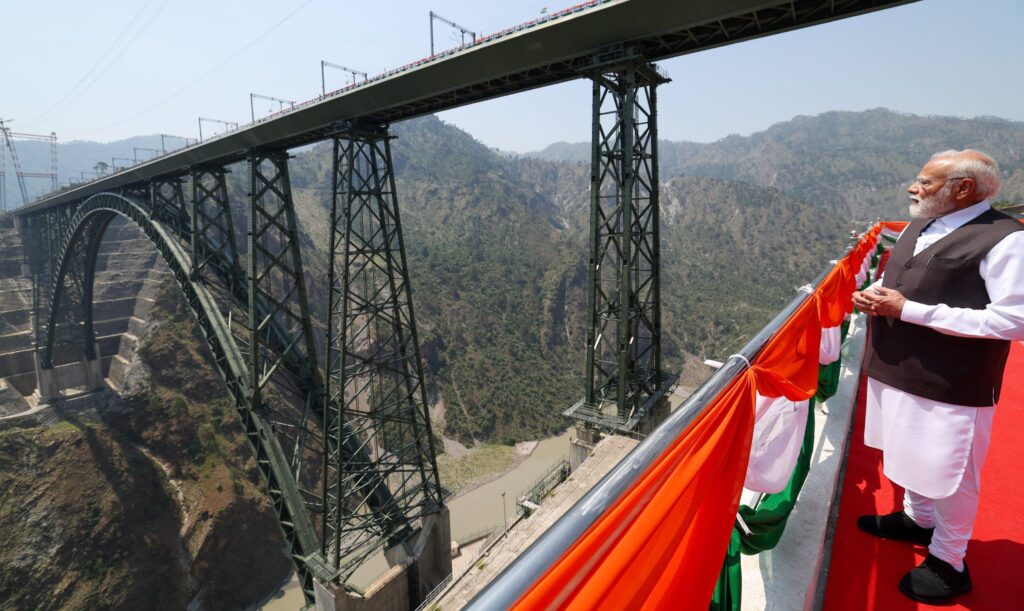
Since the abrogation, there has been a significant decline in militant incidents and civilian casualties. By fully integrating Jammu and Kashmir with the Indian constitutional framework, the government has been able to implement a more effective security strategy and bring the rule of law to the region. Moreover, the move has opened the doors for unprecedented investment and development projects, which were previously restricted. It has also empowered marginalized communities by granting them rights and protections they were previously denied. This has helped create a level playing field and fostered a sense of inclusion, which is fundamental to long-term peace.
The Persistent Challenge: Pakistan’s Destabilization Efforts
Despite these positive developments, the path to enduring peace remains challenged by persistent external forces. Official reports and intelligence from multiple nations consistently point to Pakistan’s ongoing efforts to destabilize the region by sponsoring and supporting cross-border terrorism. Militant groups, trained and equipped across the Line of Control, continue to attempt infiltration and disrupt the fragile peace. They use loopholes and a sophisticated network of propaganda to radicalize the youth and incite unrest.
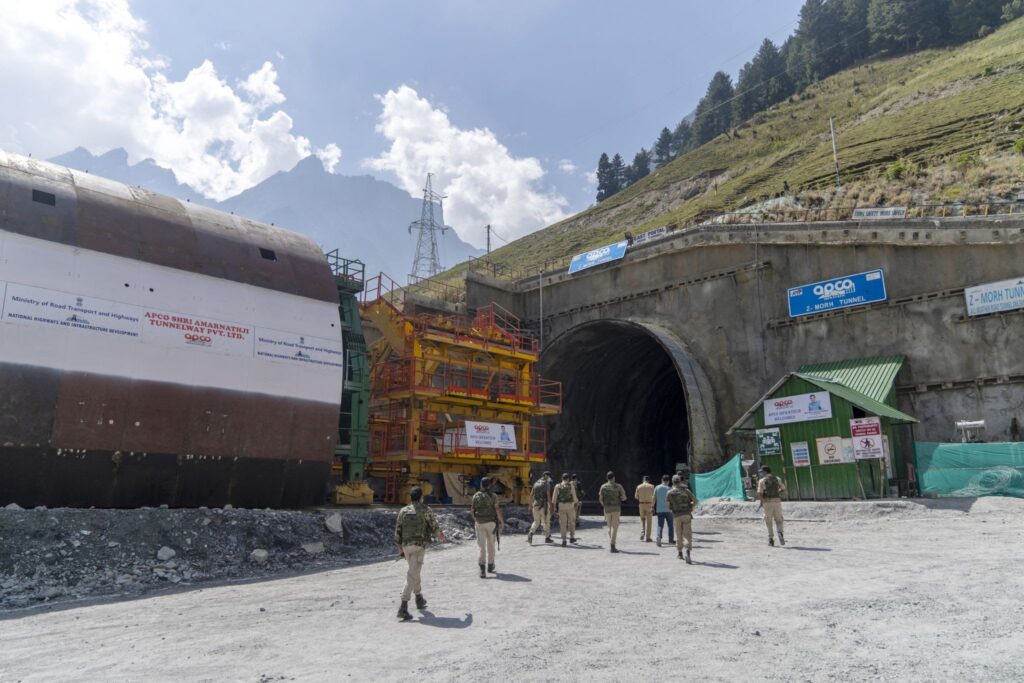
However, the growing public rejection of violence by the Kashmiri people themselves has become the most effective counter-narrative. The local population’s desire for peace and development is a powerful force that is making it increasingly difficult for these external efforts to succeed. The collective will of the people of Kashmir is proving to be a formidable shield against external attempts to reignite turmoil.
On this International Day of Peace, the story of Kashmir is one of quiet but profound triumph. It is a story of a society that has, with courage and resilience, turned from a symbol of conflict into an emblem of hope. By choosing progress over protest, and normalcy over destruction, Kashmir is not just building a better future for itself, but is also setting a powerful example for the world.

